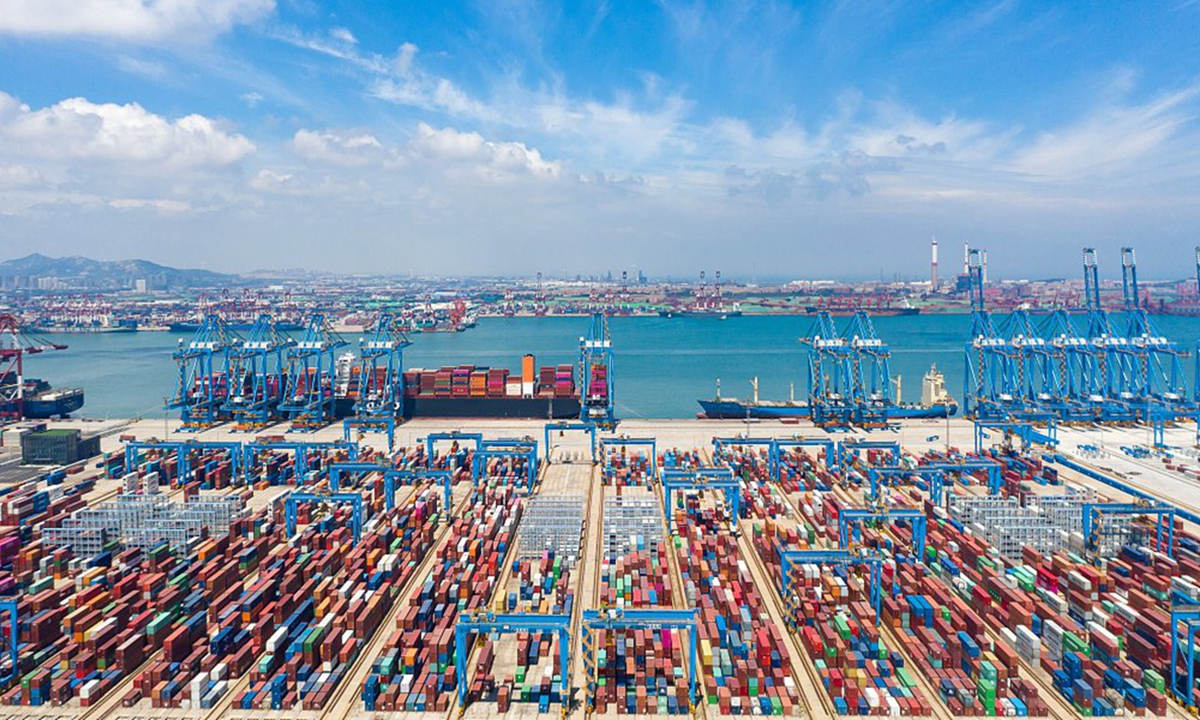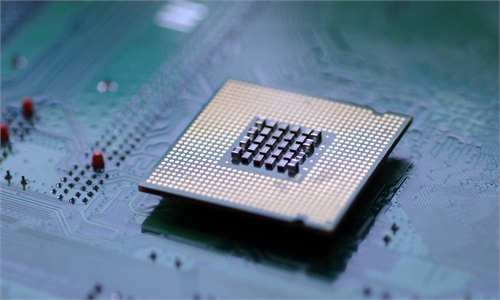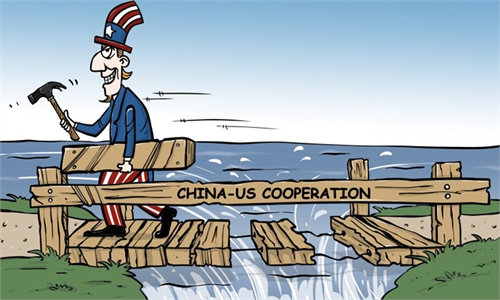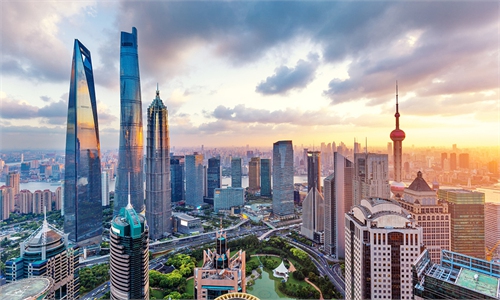
File photo: VCG
Some Westerners, including a few officials, are showing anxiety and excessive sensitivity toward China's export controls, and they don't miss a chance to hype the clichéd "China threat" theory.However, the US is the one waging a tech war against China. For those who criticize China's export controls, which were imposed to safeguard its legitimate rights, they are advised to first reflect on their own countries' export bans against China.
China held an export control work conference on Friday and Saturday in Xiong'an, North China's Hebei Province. The meeting required all local authorities to understand the severe and complex international and domestic situations, and accelerate the improvement of the modern national export control system, according to an online statement released by China's Ministry of Commerce (MOFCOM) on Saturday.
In recent years, the US government has introduced some of its most sweeping export restrictions yet aiming to cut China off from advanced semiconductors. For instance, the US Entity List has included many China-based firms, becoming a tool for the US government to relentlessly crack down on Chinese technology companies.
Although US officials have repeatedly stressed their desire to not "decouple" from the Chinese economy, many believe these words are just diplomatic rhetoric that should not be taken seriously. The US has stepped up its pace in forming cliques on the international stage in an attempt to create confrontation, incite division and form a tech blockade against China.
Washington has intensified its arbitrary moves to disrupt and shatter the global semiconductor industrial chain. Stopping it is not realistic in the short term, but it is equally unrealistic to expect China to stand idly by and indulge behavior intended to harm its legitimate rights and interests. The external economic situation remains severe and complex, so it is reasonable and necessary for China to strengthen self-protection and accelerate the improvement of modern national export control systems.
Over the past decade, a modern national export control system based on relevant laws and rules has been formed. Now, as external challenges intensify, the urgency of accelerating the improvement of this system has increased.
China's export control system has always adhered to the principles of fairness, reasonableness and non-discrimination, and the country is committed to maintaining the security and stability of global supply chains. It is entirely different from the abuse of export controls by the US and some other Western countries.
China's efforts to improve its export controls don't target any specific country. As long as it does not harm China's legitimate interests, there is no need to worry about China's export controls. China's improvement of its export control system should be viewed in the context of Western abuse of export controls against China.
The just-concluded export control conference showed China's determination to safeguard its economic security, which should not be underestimated by any country, especially those who try to contain China's rise or "decouple" from China. It should also be noted that China's measures to protect economic security do not conflict with free trade and economic development. As underlined in the conference, while adhering to the overall national security concept, all authorities should coordinate development and security.
Since its accession to the WTO, China has been a strong advocate for free trade, comprehensively fulfilling its WTO obligations and keeping to its promises. China's support for free trade and globalization will not change in any way due to the improvement of its export control system.
China will not abuse export controls like the US and some Western countries. However, if some nations continue to play a zero-sum geopolitical game and abuse unilateral sanctions targeting China, we do have a considerable toolbox to retaliate and protect our legitimate rights from infringement.



